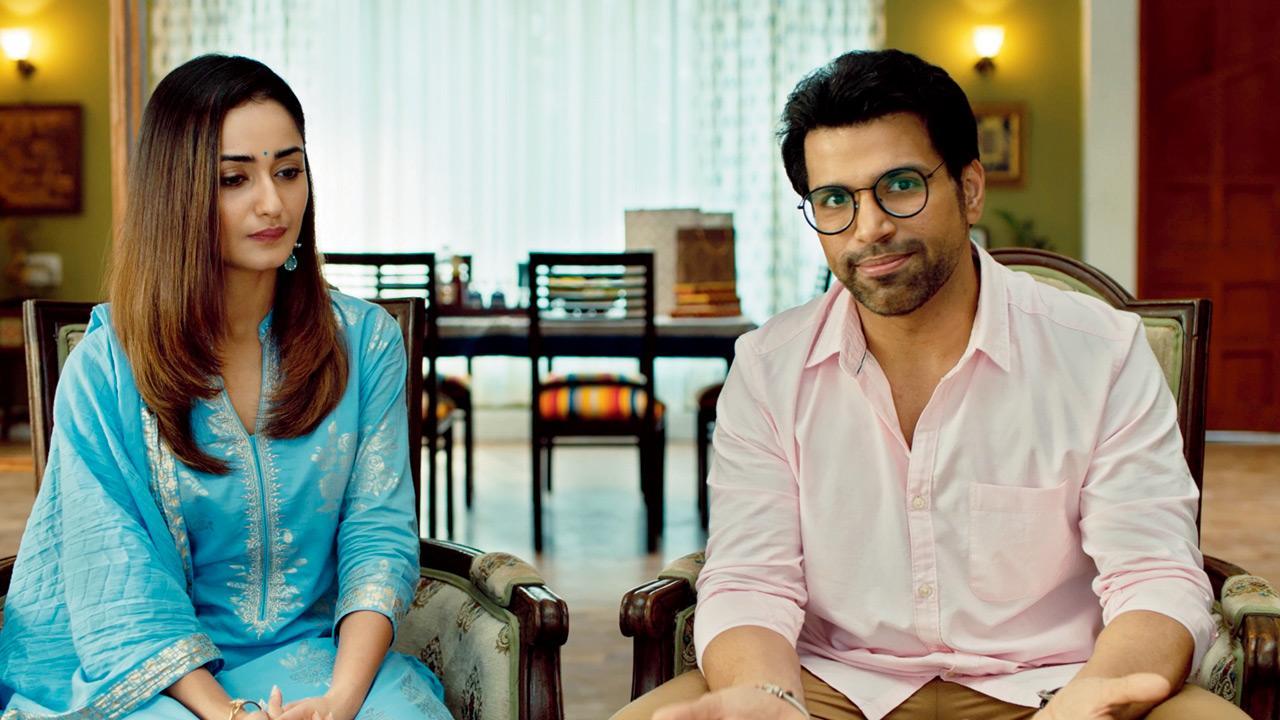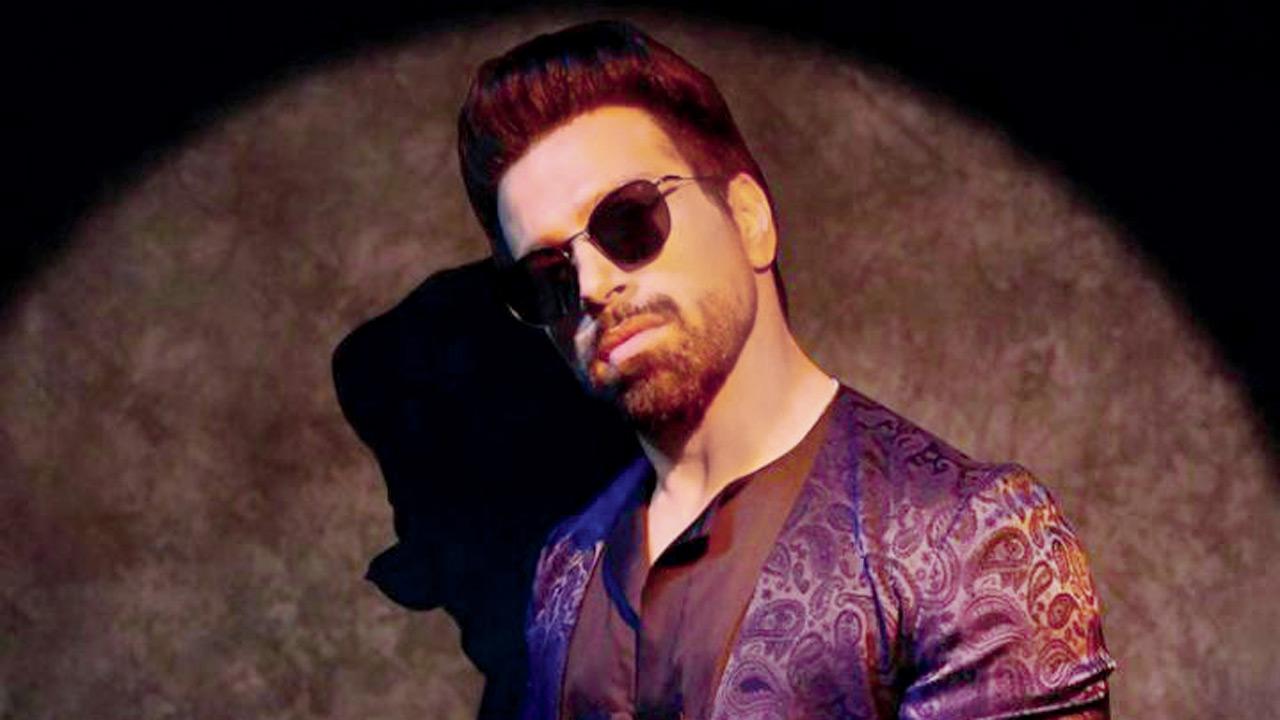Rithvik Dhanjani on tackling years of conditioning in his short film, Arranged opposite Tridha Choudhury

Tridha Choudhury and Rithvik Dhanjani in Arranged
Not wanting acting to feel like a chore, Rithvik Dhanjani stepped away from daily soaps to tell braver and urgent stories. The actor features in a short film about a couple who meet in an arranged marriage set-up. The Amazon miniTV series that also features Tridha Choudhury starts a conversation about choosing to adopt a child instead of getting pregnant. It also focuses on moving away from gender roles.
“The way the script was written seemed like the writer [Sharanya Rajgopal] had poured her heart and soul into it. She wanted to say this out loud without making it too dramatic and preachy. The simplicity of the script made me want to be a part of it,” says Dhanjani, who plays a down-to-earth man running an NGO that works towards building toilets for women and educating them about hygiene.

Choudhury plays a teacher, who loves children but doesn’t wish to have one of her own. Considering not wanting children is largely viewed as a deal-breaker in arranged marriages, the film tries to subvert the idea. Reflecting on his own choices, Dhanjani says, “By 2050, the population is going to hit more than nine billion. We are overpopulated. There are so many children out there, who need a home. I have always been open to the idea of adoption. When I have a partner, I would love to discuss this.” However, he believes his parents are “old school”. “When I opened up about this to my parents, they said it was great, but asked me still have a child of my own. The fact that they were open to [adoption]is a victory.”
The short also questions the years of conditioning that stereotypes men as the breadwinner of a family. “I don’t think we should stereotype men, women, or anyone for that matter. A lot of women express that after getting married they may choose to quit or work, which is their right, but this same option should be awarded to men too,” says Dhanjani, also accepting that people are not ready to accept the role reversal just yet. “Men are conditioned to be the breadwinners, and providers, but it is not necessary. We are in a time when being a man or a woman doesn’t change anything.”
 Subscribe today by clicking the link and stay updated with the latest news!" Click here!
Subscribe today by clicking the link and stay updated with the latest news!" Click here!










